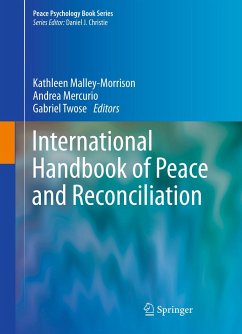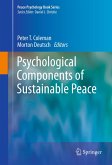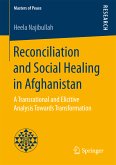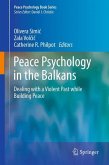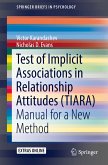To address these questions, researchers from the Group on International Perspectives on Governmental Aggression and Peace (GIPGAP) administered the Personal and Institutional Rights to Aggression and Peace Survey (PAIRTAPS) to volunteers from over 40 countries representing the major regions of the world. The volume is organized such that the responses to the survey are summarized and analyzed both by country and by theme. Integrative chapters provide an up-to-date overview of historical and current events relevant to peace and reconciliation and a grounded theory analysis of definitions of peace and reconciliation and of the role of apology in reconciliation. In addition to describing the major themes emerging from the responses in each region, the volume reports on some exploratory analyses addressing the extent to which there are differences in patterns of responding based on characteristics such as gender, military experience, and involvement in anti-war protest activity.
International Handbook on Peace andReconciliation allows ordinary citizens from around the world to voice their views on peace and related issues, and examines the context of these views. Thus, it offers researchers in political science, peace psychology, social psychology, social justice, and anthropology a comprehensive resource for a changing global landscape.
Dieser Download kann aus rechtlichen Gründen nur mit Rechnungsadresse in A, B, BG, CY, CZ, D, DK, EW, E, FIN, F, GR, HR, H, IRL, I, LT, L, LR, M, NL, PL, P, R, S, SLO, SK ausgeliefert werden.
Hinweis: Dieser Artikel kann nur an eine deutsche Lieferadresse ausgeliefert werden.
"This handbook takes up the challenge of presenting a global view on peace and conflict ... . the International Handbook of Peace and Reconciliation is a worthwhile read for a variety of audiences, from the first-year student beginning to explore our field's foundational concepts to experts looking for solid statistics concerning how peace is perceived, understood, and strived for across the globe." (Fathali Moghaddam and Victoria Heckenlaible, PsycCRITIQUES, Vol. 58 (47), December, 2013)

